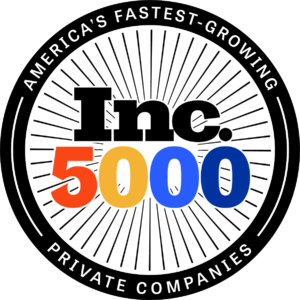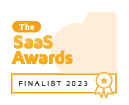Adopting the ASC 842 lease accounting standard has been one of the most impactful changes in accounting practices, particularly for private companies gearing up for compliance. Drawing from the experience of public companies that have already transitioned, here are some key insights and best practices:
ASC 842 Is a Major Shift
Auditing costs have been on the rise, driven by factors such as inflation, the impact of COVID-19, and company restructuring activities. According to a Gartner survey, a significant 62% of companies expect an increase in their audit fees. This upward trend in costs is directly linked to lease accounting.
Preparation Beyond Technology
Compliance with ASC 842 involves more than just implementing technology. It’s about thoroughly understanding and managing lease contracts, and ensuring cross-functional team involvement, particularly from finance personnel.
Challenge of Lease Management
Many companies struggle with lease management due to a lack of a centralized system or owner. This can lead to challenges in accurately accounting for leases.
Day 1 Compliance and Beyond
Achieving compliance starts by bringing all leases onto the balance sheet as a right of use asset and related liability. However, it also involves tracking and accounting for every lease change throughout the reporting period.
Risks of Inaccuracy
Without the proper tools and processes, there is a risk of inaccuracies in journal entries and disclosures, especially for companies with a large number of leases.
The Burden of Volume
The volume of leases can significantly complicate compliance. For instance, companies need to book an opening journal entry for all active leases at the start of the year, which can be a daunting task for those with numerous leases.
In conclusion, transitioning to ASC 842 requires a comprehensive approach that goes beyond just adopting new software. It’s crucial for companies to act promptly, ensure thorough preparation, and involve cross-functional teams to navigate this change successfully.























